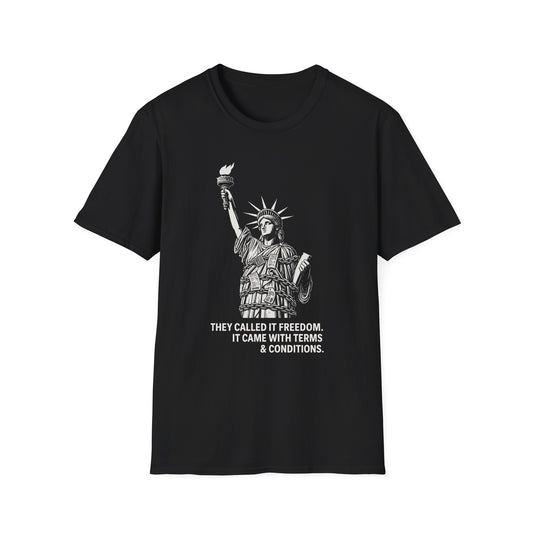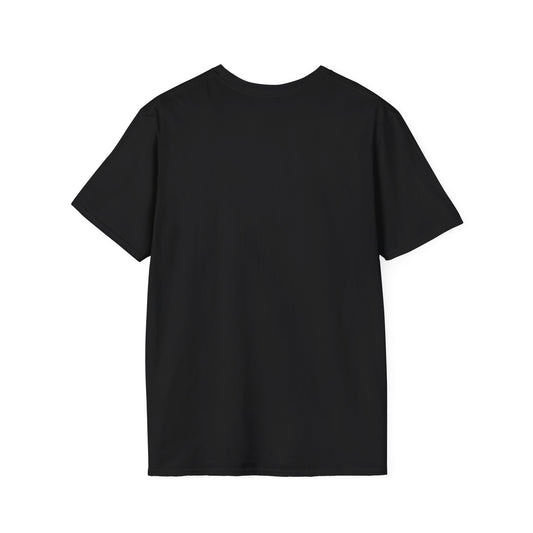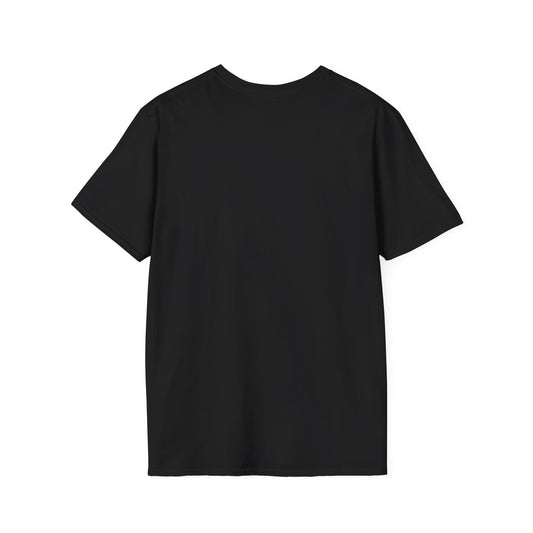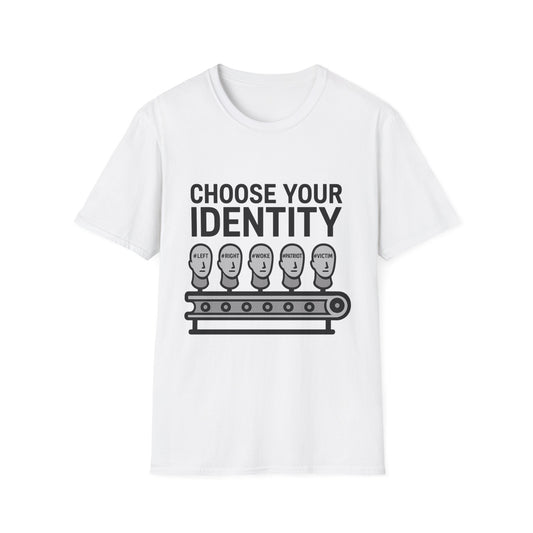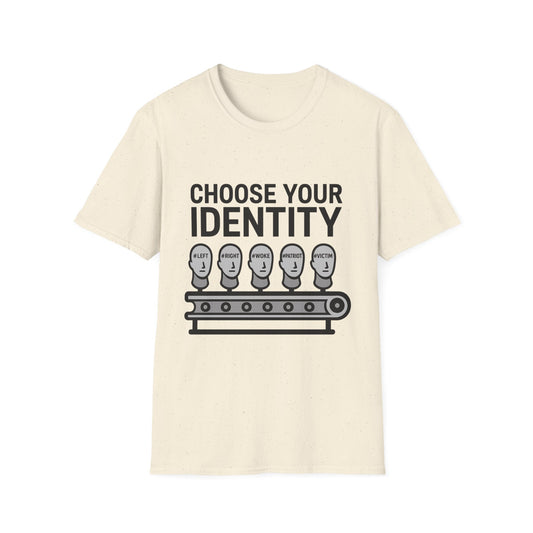
10 Things That Feel Illegal but Aren’t: Why Freedom Now Feels Wrong
The Strange Feeling of Doing Nothing Wrong
You ever do something totally legal—but feel like you’re about to get arrested for it? Like, you're walking out of a store with a bag and no receipt. Or you're holding too much cash. Or you're in an empty school parking lot on a Sunday and suddenly start scanning for cops like you're mid-heist.
That feeling? It’s not random. It’s programming.
We've spent so much time living in a world of hyper-surveillance, arbitrary rules, and corporate control that freedom now feels like rebellion. Even when you're within your rights, you're still paranoid—because the system trains you to second-guess your own autonomy.
The truth is, we live in a culture where legal doesn’t always feel safe—and where safe doesn’t always feel legal.
This isn’t just about the law. It’s about how deeply society has conditioned us to equate compliance with morality and discomfort with wrongdoing. The result? A population that flinches at harmless acts and self-polices its own behavior out of habit.
Because a nervous, obedient citizen is easier to manage than a confident, free one.
Why Freedom Now Feels Like a Crime
Take a moment and really look around: cameras at every intersection, microphones in your smart devices, trackers in your apps, rules layered on top of more rules—until everything starts to feel like a trap. And even when you're not doing anything wrong, you hesitate. You look over your shoulder. You start to ask yourself, “Am I allowed to be doing this?”
That's not an accident. That’s by design.
The modern world doesn’t teach you how to think—it teaches you how to comply. From childhood, you're told to raise your hand before speaking, to stay in line, to ask for permission. And if you don’t? You’re “disruptive.” You’re punished. You’re labeled a problem.
Now carry that mindset into adulthood. It follows you. When you question authority, you’re “difficult.” When you operate outside the system, you’re “suspicious.” Even when you’re in the right.
So now, stepping outside a store without buying anything feels criminal. Filming a cop makes your heart race. Paying in cash raises eyebrows. Why? Because genuine freedom feels foreign in a society designed to manage you, not empower you.
The scariest part? We’ve internalized it. We tattle on ourselves without realizing it. We shrink ourselves to avoid confrontation. We over-explain, over-apologize, overthink—just to exist in a system that was never built with your dignity in mind.
We were born free.
But we were raised afraid.
How ‘Legal’ Became a Moving Target
Once upon a time, “legal” was supposed to mean fair. It was the line between right and wrong, justice and corruption. But in today’s world, legal doesn’t mean moral—and illegal doesn’t mean evil.
It’s legal to pump carcinogens into the air for profit.
It’s legal to charge 700% interest on payday loans.
It’s legal to pay workers starvation wages while CEOs pocket billions.
Meanwhile, it’s illegal to feed the homeless in some cities.
It’s illegal to collect rainwater in certain states.
It’s illegal to film a public servant doing their job in a “restricted” area.
See the disconnect?
The law used to be a shield. Now it’s a sword—used to protect the powerful and punish the inconvenient. It shifts depending on who’s in charge, who’s paying the lobbyists, and who gets to rewrite the rules.
That’s why people feel guilty doing harmless things. Because the line between right and wrong isn’t about logic anymore—it’s about control. The system isn’t built to protect you. It’s built to regulate you. And every time that regulation expands, freedom shrinks a little more.
You’re not crazy for feeling like you're walking on eggshells. The goal was never to make you free. It was to make you manageable.
You’ve Been Trained to Obey—Not Think
Let’s call it what it is: obedience conditioning. From school to work to the algorithmic maze of modern life, you’re not trained to critically analyze—you’re trained to follow the script.
Raise your hand. Wait your turn. Don’t question authority. Trust the experts. Accept the fine print. Click "I agree." Pay your fee. Keep scrolling. Keep buying. Keep nodding.
Every system around you—education, government, corporate policy, tech platforms—rewards obedience and punishes independent thought. And when you do push back, even just a little, it feels like you’re breaking a rule you never agreed to in the first place.
You weren’t born afraid to speak up.
You weren’t born uncomfortable asking “why?”
That fear was installed. Carefully. Gradually. Effectively.
The result? You hesitate to assert your rights. You feel guilty for setting boundaries. You think twice before filming police misconduct. You’re unsure if you’re “allowed” to do something—even when you are.
Because they’ve replaced law with a vibe. And that vibe says: “Don’t step out of line.”
But here's the truth: questioning that vibe isn’t wrong—it’s essential.
Freedom starts the moment you stop asking for permission.
Real Freedom Is Quiet—and Uncomfortable
Freedom isn’t loud. It’s not fireworks, slogans, or social media grandstanding. Real freedom is subtle, awkward, even uncomfortable—because it forces you to confront how much of your life has been shaped by fear, shame, and invisible rules.
Freedom is walking into a room and not needing permission to exist there.
It’s choosing not to explain yourself.
It’s saying no without guilt.
It’s doing what’s right even if it’s not what’s “normal.”
It’s remembering that you don’t answer to a vibe—you answer to your conscience.
That’s why some of the most innocent things feel illegal. Because you’ve been taught to associate freedom with danger, autonomy with threat, and self-trust with rebellion. But those feelings? They’re residue from a system that was never built to let you roam freely.
So next time you hesitate before doing something harmless—pause.
Ask yourself:
“Is this actually wrong? Or do I just feel like it is?”
Because in a world drowning in performance, obedience, and illusion,
your greatest act of rebellion might just be feeling comfortable in your own freedom.
